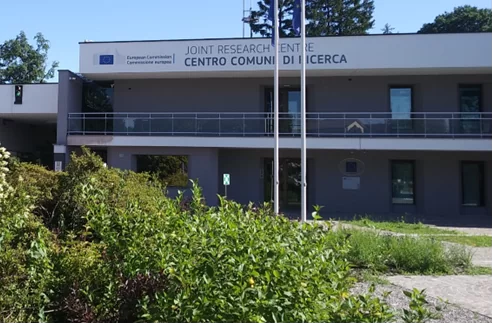ViSS strategy for a SSbD framework in the production of bioplastics
Last week, the project partner Kveloce presented the Safe and Sustainable by Design (SSbD) framework which will be used to address the social readiness and marketability of ViSS novel solutions. The presentation was held at the Joint Research Center (JRC) in Ispra, Italy.
SSbD leverages the existing approaches to provide indicators, methodologies and tools for safety, environmental, social and economic assessment of new products. With this purpose, Kveloce has been working together with other project partners, IDENER and VTT, on the ViSS SSbD framework. This framework will be followed to assess ViSS novel solutions on food packaging bioplastics to assure that they fulfil SSbD standards, thus contributing to the acceleration of the circular economy transition through innovative, safe and sustainable materials.
In the meeting, the importance of designing practices considering the tri-dimensionality nature of sustainability (environmental, economic and social) was highlighted. Indeed, ViSS SSbD strategy is focused on balancing criteria across the full material cycle, from design to end-of-life of the PHBV value chain.
Photo credits: José Benedicto by Kveloce
Collecting data on plastic pollution: a practice beyond beach cleaning
The Bioplastic Lab from the University of Alicante and the ViSS project organise a beach cleaning on the coast of Calpe, Spain
Combining traditional beach cleaning practices with the innovative approach of citizen science. This is the lesson the research team taught to engage students in the preservation of nature last May.
Participants were not only committed to collecting plastic items but also to documenting materials found using a standardised classification system. The data was uploaded to the Maritime Litter Watch app, which is a valuable resource for environmental managers and policymakers. This information helps them design more effective strategies to combat plastic pollution. Additionally, the data becomes easily accessible to the public, which promotes awareness and understanding of marine pollution.
The event took place over two days, including roundtable discussions and presentations where participants become an active part of the initiative.




